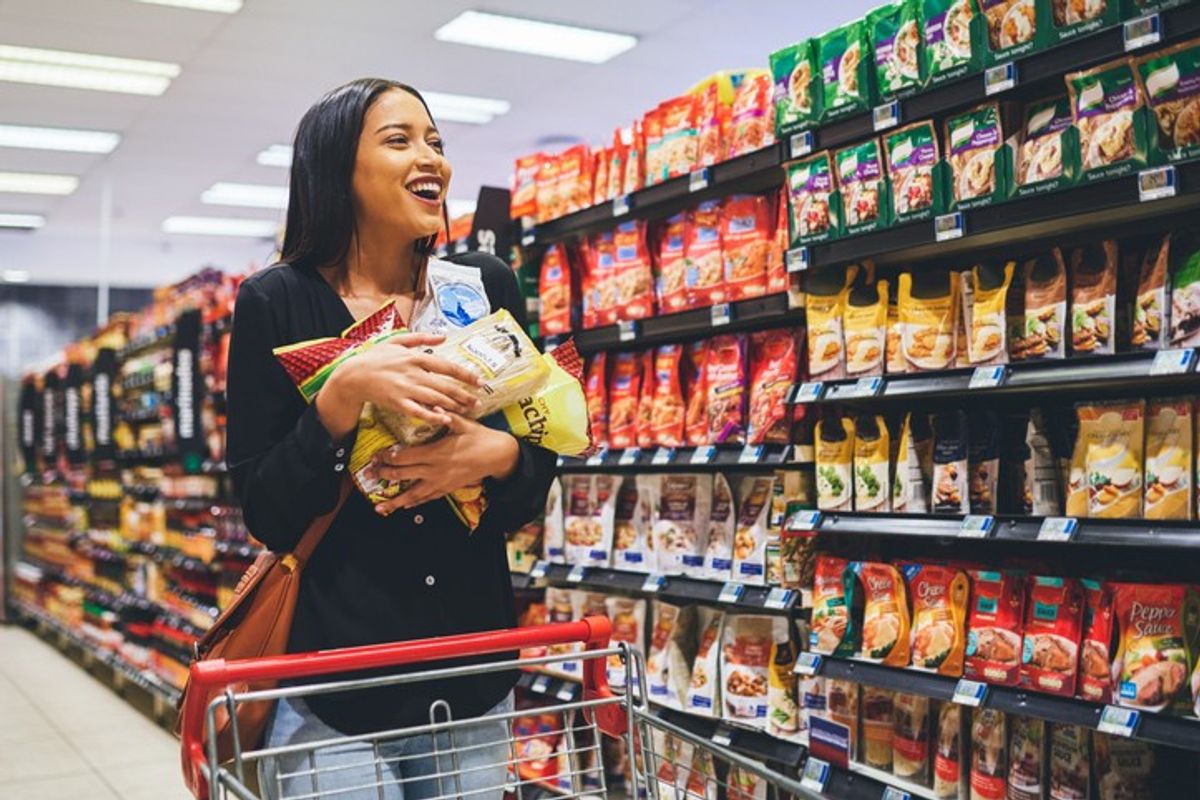Customer habits of snacking and alcohol consumption are expected to see a major shift in the coming years with growing evidence that weight loss medication users show little interest in snacking, consuming alcohol, or even eating between meals, a recent report has stated.
This was one of the key messages from ‘The 2025 Show’, a virtual event hosted by MMR Research, where top industry voices unpacked what’s coming next for brands and product innovation.
According to event host Andrew Wardlaw, Chief Ideas Officer at MMR Research, GLP-1 medications appear to work in two ways- physically, by lowering blood sugar, delaying gastric emptying, and in some cases, creating feelings of nausea. And neurologically, by interfering with the brain’s reward systems.
“In effect, GLP-1 medications are shutting down desire,” Wardlaw said.
The event featured several real-world consumer experiences, where users shared stories of dramatic reductions in daily cravings.
With the food and beverage industry at risk from the rising incidence of GLP-1 households, Wardlaw highlighted the importance of maximising curiosity at the shelf to mitigate the effects of this unprecedented assault on impulsive behaviour.
Lori Herman, insights leader at Mondelez, North America, acknowledged the impact of GLP-1 medications on the food and beverage.
She said, “You need to eat a lot of protein apparently when you are utilising this medication, and I feel like that’s going to benefit brands that are inherently protein rich. I think we will see the emergence of even more protein-rich snacks come into the market as a result.”
Herman added, “So, I do think it will impact the types of products we are seeing as it potentially becomes a little bit more mainstream.”
The event further covered the importance of new and novel experiences among consumers.
Pointing to recent research by MMR Research across key economic regions, Wardlaw urged manufacturers to escalate innovation that champions new flavours, new pack formats, extreme and unexpected sensory profiles, and product experiences that have the potential to go viral.
“We know that conversations about new and novel experiences are rising dramatically – up 23% in posts involving food and drink in the last 12 months, for example”, Wardlaw claimed.
Interactions with over 3000 consumers showed that people are interested in discovering new products and experiences to break the monotony of everyday life, adding daily glimmers – often FOMO fuelled by platforms such as TikTok.
Wardlaw concluded: “Beyond industry yardsticks such as ‘liking’ and ‘overall appeal’ lies a complex network of emotional needs.
"We know that people are often drawn to brands and products because they make them feel adventurous, socially connected, discerning, and so on.
"These motivations have little to do with ‘liking’ and everything to do with identity and aspiration. Increasing our efforts on building superior emotional outcomes will help manufacturers mitigate the risks that GLP-1.
“We think brands can still market irresistible products, but via a different kind of reward system.”


